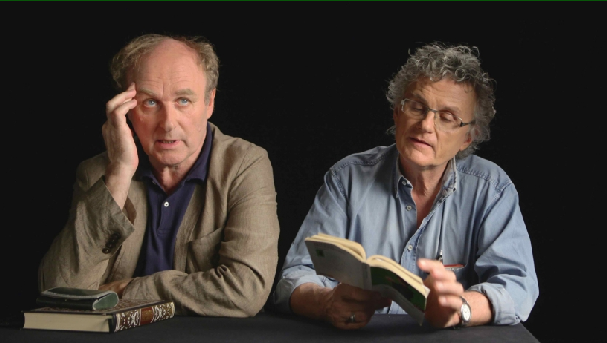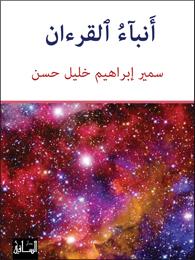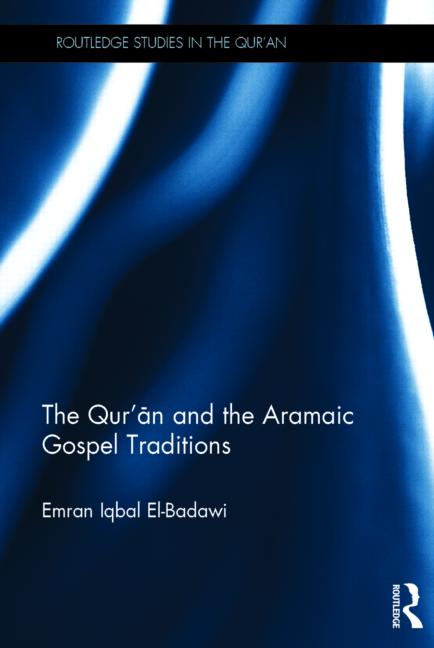Jesus and Islam (Jésus et l’islam) – NEW Documentary
By Emran El-Badawi
Six hours and thirty minutes is the duration of the new seven part documentary series on Jesus and Islam. The film Jésus et l’islam / Jesus und der Islam is presented in three versions (French, German and English) and features twenty six academic specialists from around the world–including several current and former IQSA members. The specialists include historians, philologists, theologians, archeologists, experts on manuscripts and other subjects. The film was directed by Jérôme Prieur and Gérard Mordillat and is a production of Archipel 33, ARTE and in collaboration with the Centre National du Cinema and the Bibliothèque Nationale.
The documentary film was aired the week of December 8 and has been widely acclaimed in the French and German media. The film itself was in production for years, where directors Prieur and Mordillat methodically crafted a documentary exploring the role of Jesus in shaping Islam. The most important text for consideration, therefore, was the Qur’an–Islam’s holiest scripture and oldest historical document. In doing so the directors have asked the experts questions about the distinctly Islamic theological perspective on Christ and how and why it differs from Christianity. As the film demonstrates answering such questions can be complex and even controversial. Therefore, it also introduces viewers to the different academic schools (traditionalist, revisionist or otherwise) and their perspectives on the Qur’an, Jesus and Muhammad.
Each part of Jesus and Islam explores a major theme. The seven themes are:
- The crucifixion according to the Qur’an
- The origins of the text
- The son of Mary
- The prophet’s emigration
- The religion of Abraham
- The book of Islam
- Jesus according to Muhammad
The seventh part of the series also inspired a book, Jésus selon Mahomet,in which the directors discuss their own views and perspectives. Prieur and Mordillat are seasoned writers and film directors who, among other things, specialize in documentary films on the history and formation of the Abrahamic religions. Their earlier works include Corpus Christi, L’Origine du Christianisme and L’apocalypse.
There will be an exclusive, members only screening of Jesus and Islam at the next IQSA annual meeting on November 18-21, 2016 in San Antonio, Texas, USA. CLICK HERE to renew your IQSA membership for 2016 NOW!
© International Qur’anic Studies Association, 2015.





